Question And Answer
Publications
Articles, publications, books, tools and multimedia features from the U.S. Institute of Peace provide the latest news, analysis, research findings, practitioner guides and reports, all related to the conflict zones and issues that are at the center of the Institute’s work to prevent and reduce violent conflict.
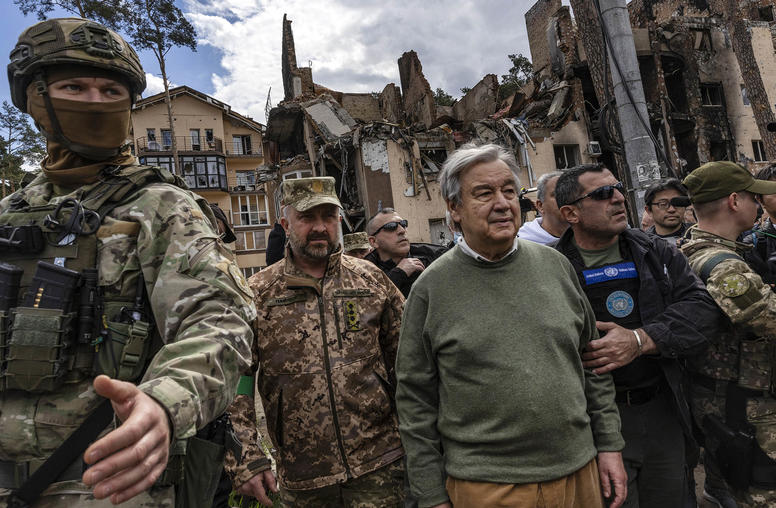
How the U.N. Secretary-General Gets Around Security Council Gridlock
How do concerned parties facilitate diplomatic and humanitarian progress on conflict cases when the U.N. Security Council is gridlocked? By explicit design, the Security Council’s powerful permanent five members can deadlock its work with a unilateral veto when they want to — but neither the veto nor the threat of the veto fully end multilateral work on conflict cases that the P5 want to keep out of the Security Council’s ambit. Instead, the prospect of UNSC inaction spurs diplomatic efforts and alternative pathways for action via a range of procedural, negotiated and informal tools at the U.N. General Assembly, in the U.N. Security Council (UNSC) and via the U.N. Secretariat.
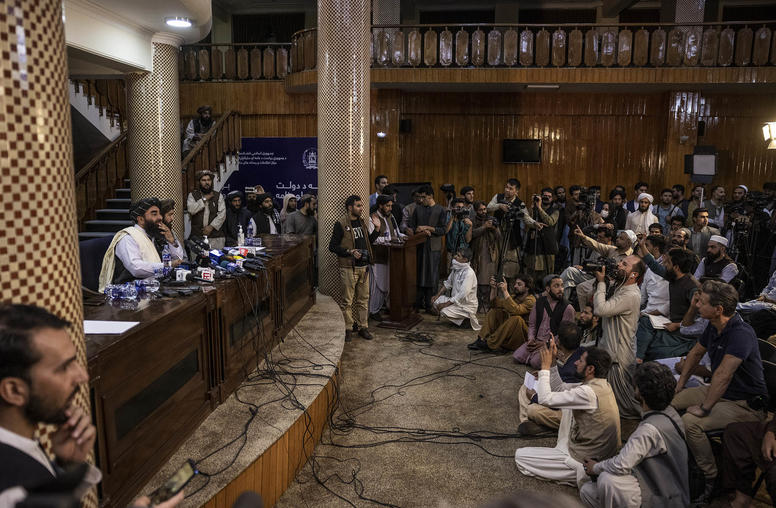
What the Taliban’s Defensive Public Messaging Reveals
In the nearly two years since the Taliban’s takeover, much of the Afghan population continues to struggle to meet basic daily needs amid a severe humanitarian crisis. The Taliban have imposed a raft of draconian restrictions on Afghan women and girls, effectively erasing them from public life. Yet, in a recent public address, the Taliban’s supreme leader, the emir Sheikh Haibatullah Akhundzada, claimed his government has provided Afghan women with a “comfortable and prosperous life.”
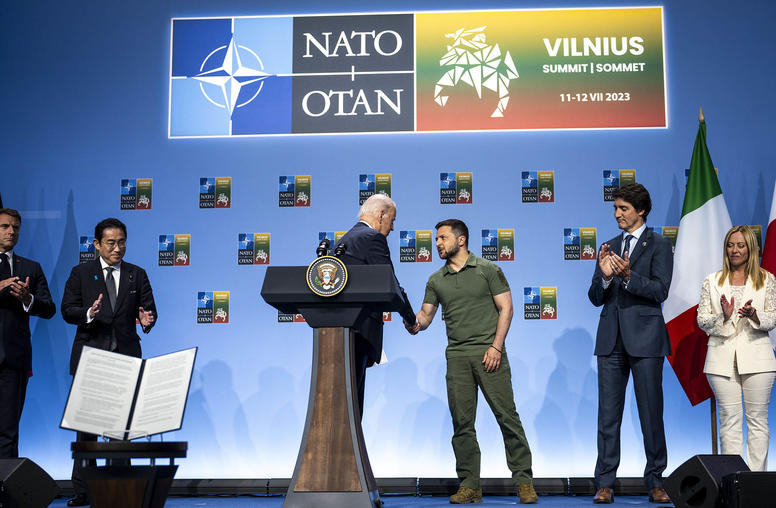
The NATO Summit: Three Takeaways for Europe, War and Peace
This week’s NATO summit conference wrought significant advantages for Ukraine in its fight for independence, and on behalf of Europe’s security. Ukraine and most NATO members sought an unconditional invitation for Ukraine to join the NATO alliance following its war with Russia. They achieved part of that goal — a shorter, clearer path to Ukraine’s membership, USIP analysts note. Turkey’s reversal, to support Sweden’s accession to the alliance, strengthens the community backing the Ukrainians’ self-defense. While the summit had no prospect of lightening the burdens of defending Ukraine, Europe and the international rule of law, it accomplished what was achievable in the moment.
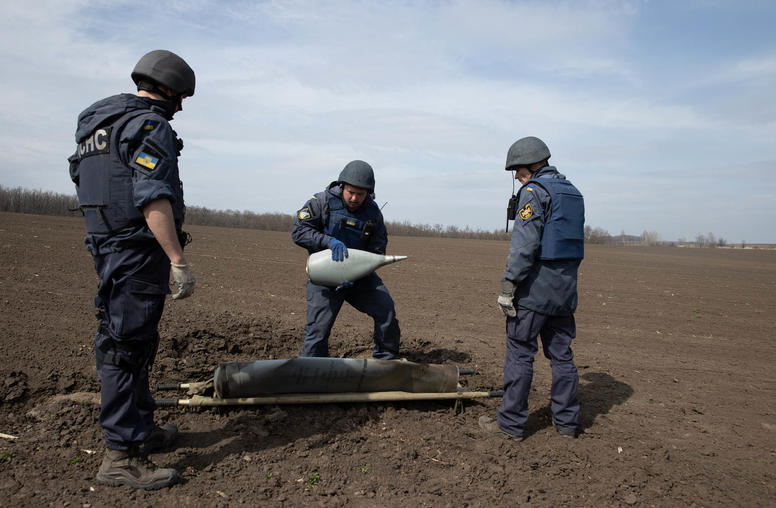
U.S. Sends Mixed Signals with Cluster Munitions and Chemical Weapons Calls
The Biden administration’s National Security Strategy is grounded in a “belief that the rules-based order must remain the foundation for global peace and prosperity.” Yet international security norms have come under increasing threat in the past decade, from China’s construction of artificial islands in the South China Sea to the Syrian government’s use of mustard gas against its own people. Most egregiously, Russia’s unprovoked assault on Ukraine and continuing war crimes threaten basic principles of sovereignty and humanity in international law. Amid the many foreign policy challenges the United States faces, the question it must confront is how to uphold international norms, while still pursuing U.S. interests.
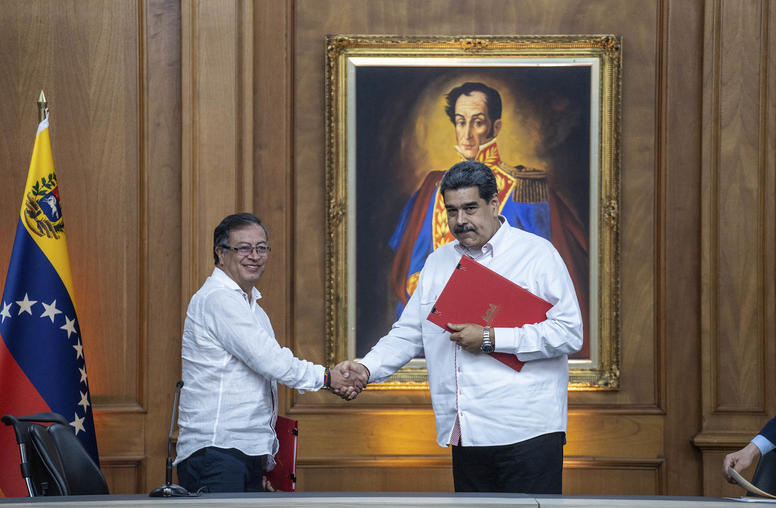
Brazil and Colombia Need to Step Up on Venezuela’s Crisis
Developments in Venezuela over the past few weeks have provided reason for both deep pessimism and guarded hope that the country’s presidential election next year could help resolve its political crisis and advance a democratic transition.
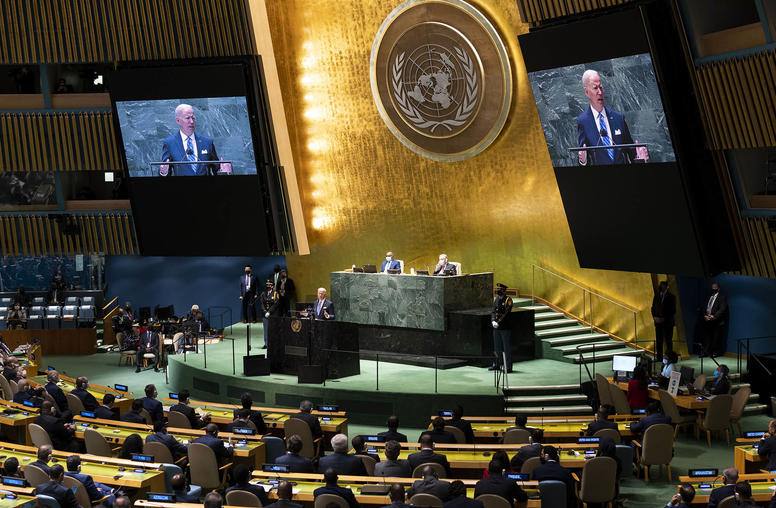
In Competition with China, the U.S. Should Double Down on Multilateralism
Against the backdrop of renewed great power competition and an emerging multipolar world, it is crucial that the United States prioritize its engagement within multilateral institutions, including those in the United Nations system. As China looks to supplant the U.S.-led rules-based order, Washington should foster better relations with developing nations and emerging powers, particularly those in the Global South. Even as the U.S.-China rivalry intensifies, Washington should avoid putting countries in a position where they must make zero-sum choices. How can Washington do this?
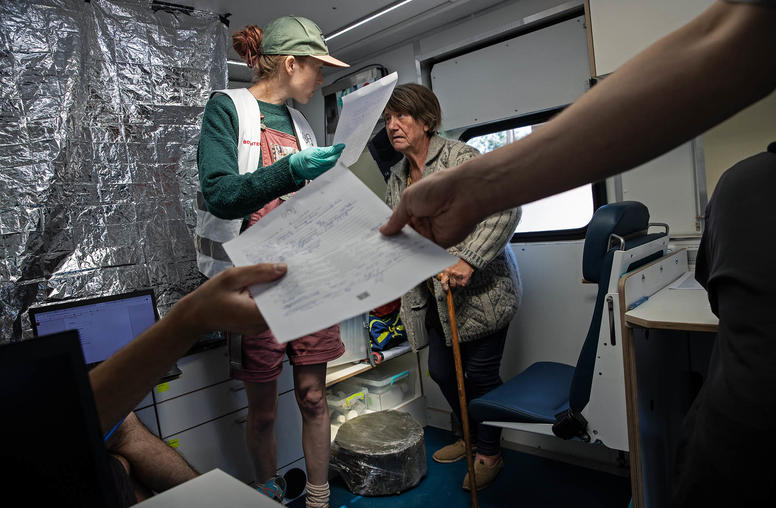
One Vital Change Can Advance Long-Term Peace in Ukraine
While NATO’s recent summit consolidated the transatlantic consensus that a peaceful Europe requires a democratic and inclusive Ukraine, Ukrainians’ heroic struggle for that democracy must overcome old corruptions, plus new traumas inflicted by Vladimir Putin’s war. A pillar of any democracy is civil society — the constellation of citizens’ groups that, more than government, can understand and heal domestic conflicts. So as international partners support Ukraine’s rebuilding from war, we must urgently engage its vibrant civil society — not as a mere adjunct to government efforts, but as a primary designer and engine of the political and cultural changes that peace will require.
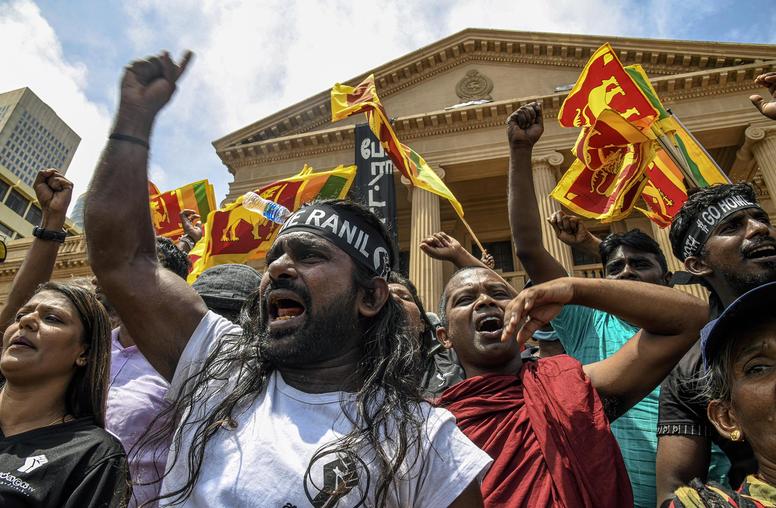
A Year After Mass Protests, Sri Lanka’s Governance Crisis Continues
One year after the Sri Lanka’s massive unrest, known as the Aragalaya protests, the country is still dealing with the aftermath of its most devastating economic crisis since independence, a government without popular support and intensifying geopolitical competition in its neighborhood. The protests, spurred by the economic crisis, led to mass resignations across the government with former President Gotabaya Rajapaksa fleeing the country in July 2022. In the year since, the country has secured an IMF agreement, and its economy has ambled toward a slow path of recovery. However, there have still been concerns on the human rights front as the current government of Ranil Wickremesinghe has clamped down on further protests and continually postponed elections.
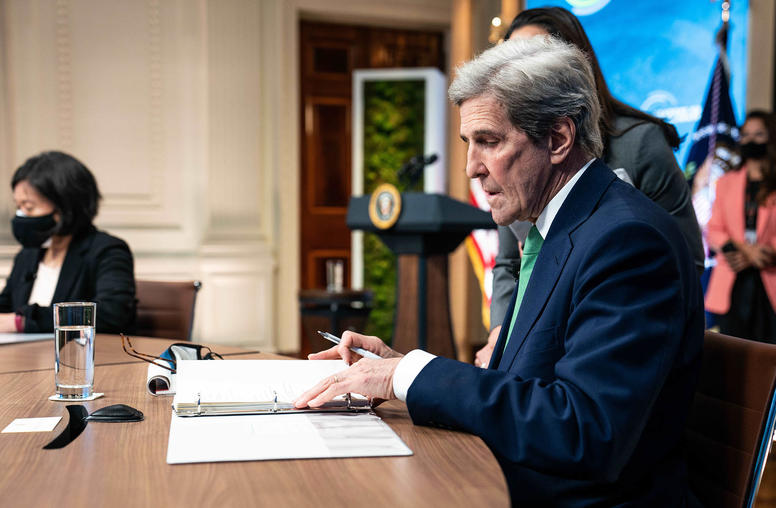
What Does John Kerry’s Visit Mean for U.S.-China Climate Cooperation?
This week, U.S. Special Envoy on Climate Change John Kerry spent four days in China in the hopes of facilitating a thaw in U.S.-China climate cooperation and easing tensions between Washington and Beijing more broadly. While the talks did not yield any major breakthroughs, any progress toward a shared climate agenda cannot be taken for granted after nearly two years of frozen relations. And with Kerry announcing plans for more bilateral talks ahead of the next round of U.N. climate negotiations in November, it appears that climate change may offer a tentative path for rebuilding trust between the two world powers.
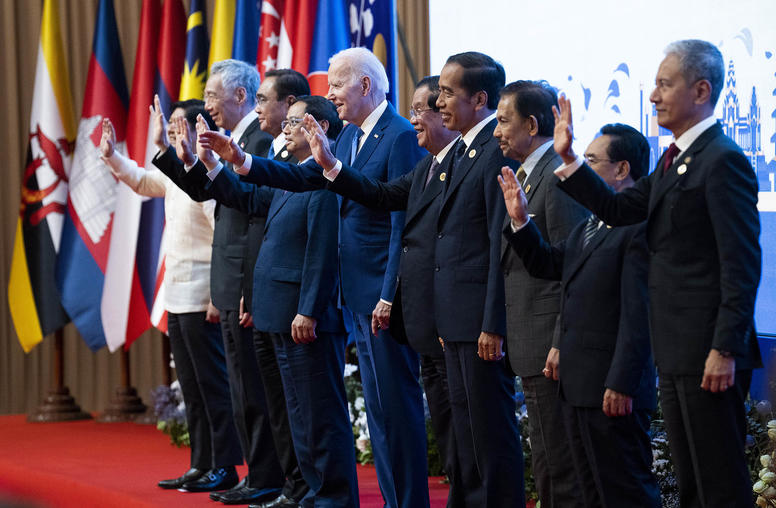
Four Takeaways from the ASEAN Summit
Foreign ministers from the Association of Southeast Asian Nations (ASEAN) gathered last week in Jakarta, with a range of critical challenges to address. Chief among those issues was the crisis in member state Myanmar, which the bloc is divided on how to approach. China’s aggressive activities in the South China Sea were also a key topic at the summit, with Beijing and ASEAN pledging to reach an agreement on a long-stalled non-binding code of conduct.